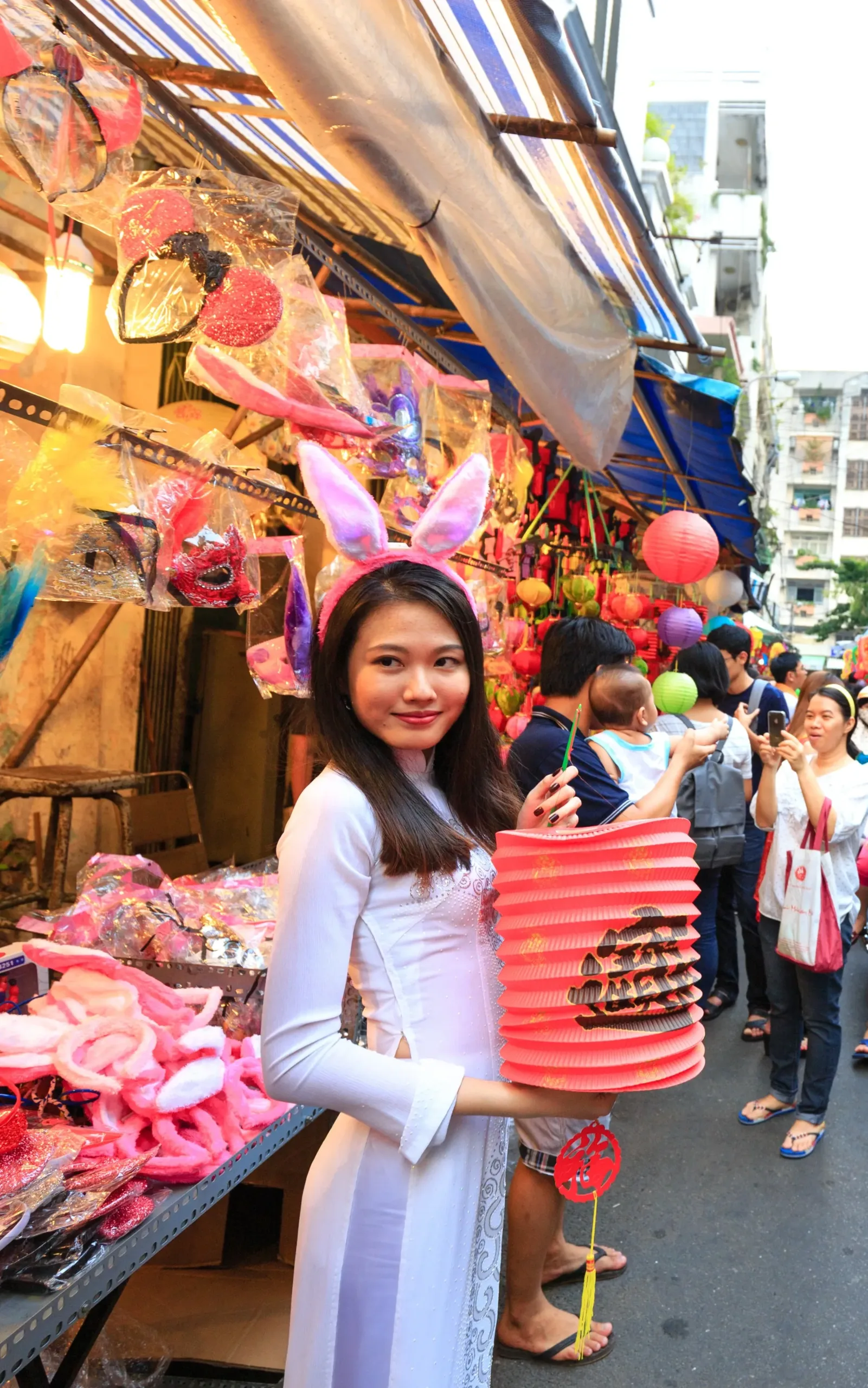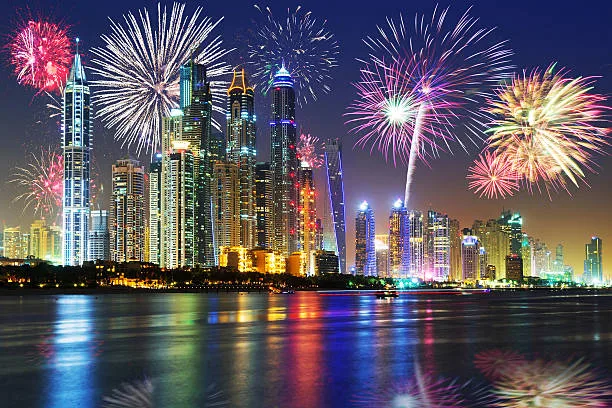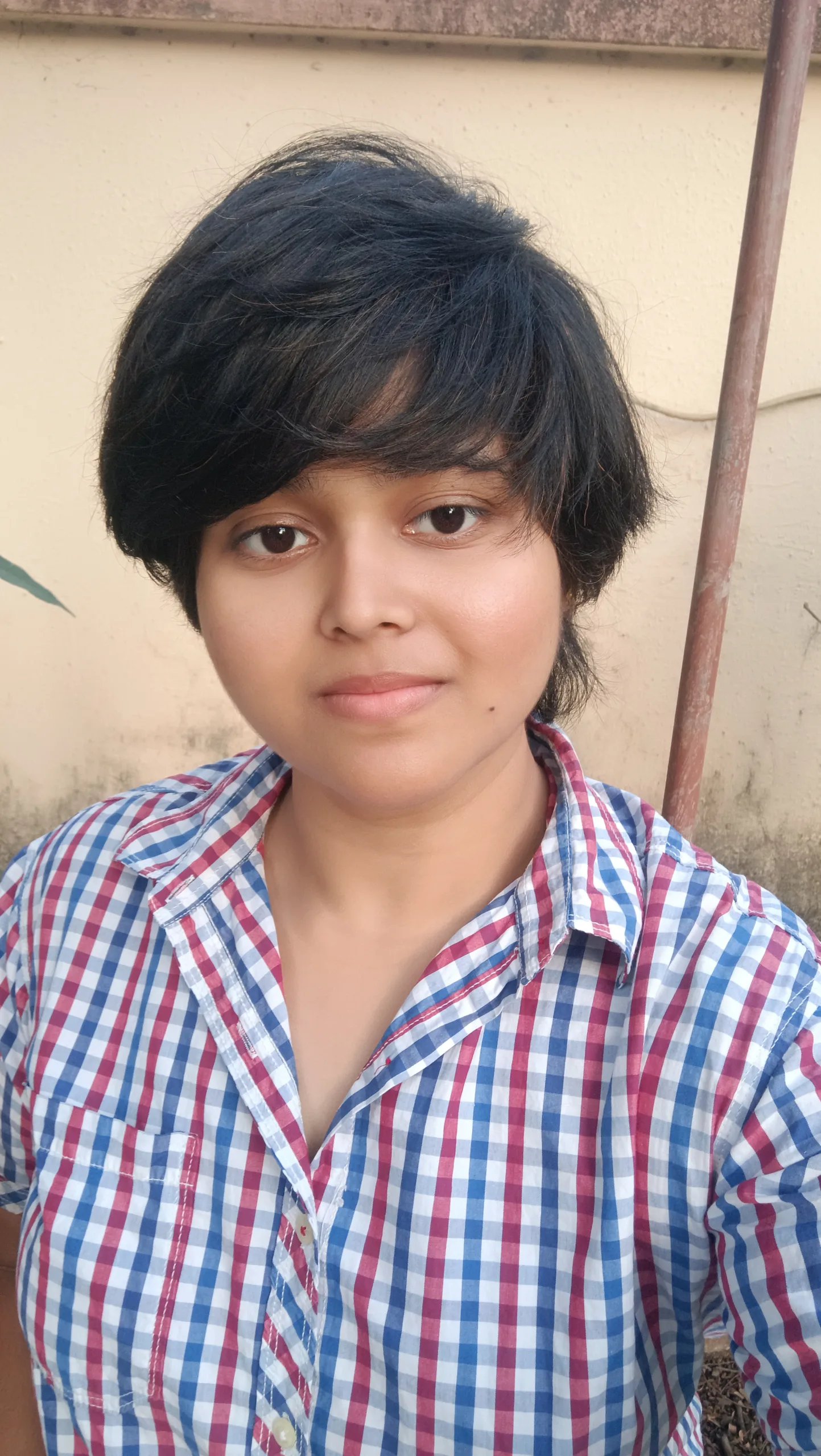Traditional Korean Festivals & their historical significance.
Korea is a country rich in culture and tradition, and one of the best ways to experience this is by attending a traditional Korean festival. These festivals offer a glimpse into the country’s history, art, music, and cuisine, and are a great way to immerse yourself in Korean culture. In this blog post, we will explore some of the most popular traditional Korean festivals.
Which festival would you recommend for someone who wants to experience traditional Korean food?
For someone who wants to experience traditional Korean food, the Gwangju World Kimchi Culture Festival would be a great festival to attend. This festival celebrates Korea’s most famous dish – kimchi. Visitors can participate in kimchi-making workshops, taste different types of kimchi, and learn about the history and cultural significance of this iconic dish. In addition, the festival also features traditional Korean food and drink, such as bibimbap, bulgogi, and makgeolli. Attending the Gwangju World Kimchi Culture Festival would be a great way to immerse oneself in Korean food culture and try a variety of delicious dishes.
More on 5 Most Popular Korean Desserts to Try.

- Seollal: Seollal, or Lunar New Year, is one of the most important festivals in Korea. It usually falls in late January or early February, and it is a time for families to gather and celebrate the beginning of a new year.
- Chuseok: Chuseok, or harvest festival, is another major holiday in Korea. It usually falls in September or October, and it is a time for families to give thanks for the harvest and honor their ancestors.
- Boryeong Mud Festival: The Boryeong Mud Festival is a popular summer festival that takes place in the city of Boryeong. It features a variety of mud-related activities, such as mud wrestling and mud sliding, and attracts thousands of visitors every year.
- Andong Mask Dance Festival: The Andong Mask Dance Festival is a traditional dance festival that takes place in the city of Andong. It features performances of traditional Korean mask dances, which have been passed down through generations.
- Jeju Fire Festival: The Jeju Fire Festival takes place on Jeju Island in March and is a celebration of the island’s volcanic heritage. It features traditional performances, fireworks, and the lighting of bonfires.
- Jinju Lantern Festival: The Jinju Lantern Festival takes place in the city of Jinju in October and is a celebration of the city’s military history. It features elaborate lantern displays, traditional performances, and a reenactment of a historical battle.
What other cultural events would you recommend in Korea?

There are many cultural events and activities to experience in Korea, in addition to the festivals mentioned in the previous answer. Here are a few more recommendations:
- Temple stay – Korea has a rich Buddhist heritage, and a temple stay is a great way to experience this. Visitors can stay at a temple for a night or two, participate in meditation and other temple activities, and learn about Buddhist philosophy and practice.
- Hanbok rental – Hanbok is a traditional Korean dress, and renting one is a great way to immerse oneself in Korean culture and history. Many places in Korea offer hanbok rental services, and visitors can wear the dress while exploring historical sites and taking part in cultural activities.
- Traditional markets – Korea is known for its vibrant traditional markets, where visitors can find a variety of goods, from food and drink to clothing and souvenirs. Some of the most famous markets include Gwangjang Market and Namdaemun Market in Seoul, and Jagalchi Fish Market in Busan.
- Korean traditional music and dance performances – Korea has a rich tradition of music and dance, and attending a performance is a great way to experience this. Some famous performances include the Nanta show, which is a high-energy percussion performance, and traditional Korean dance performances like the Buchaechum fan dance.
- Korean tea ceremony – Korea has a long history of tea culture, and a tea ceremony is a great way to experience this. Visitors can participate in tea ceremonies at traditional teahouses, and learn about the different types of Korean tea and their health benefits.
These are just a few of the many cultural events and activities to experience in Korea. Whether you’re interested in food, history, religion, or the arts, there is sure to be something that appeals to you.
Overall, these festivals are an important part of Korean culture and offer visitors a chance to experience the country’s rich traditions and customs.

